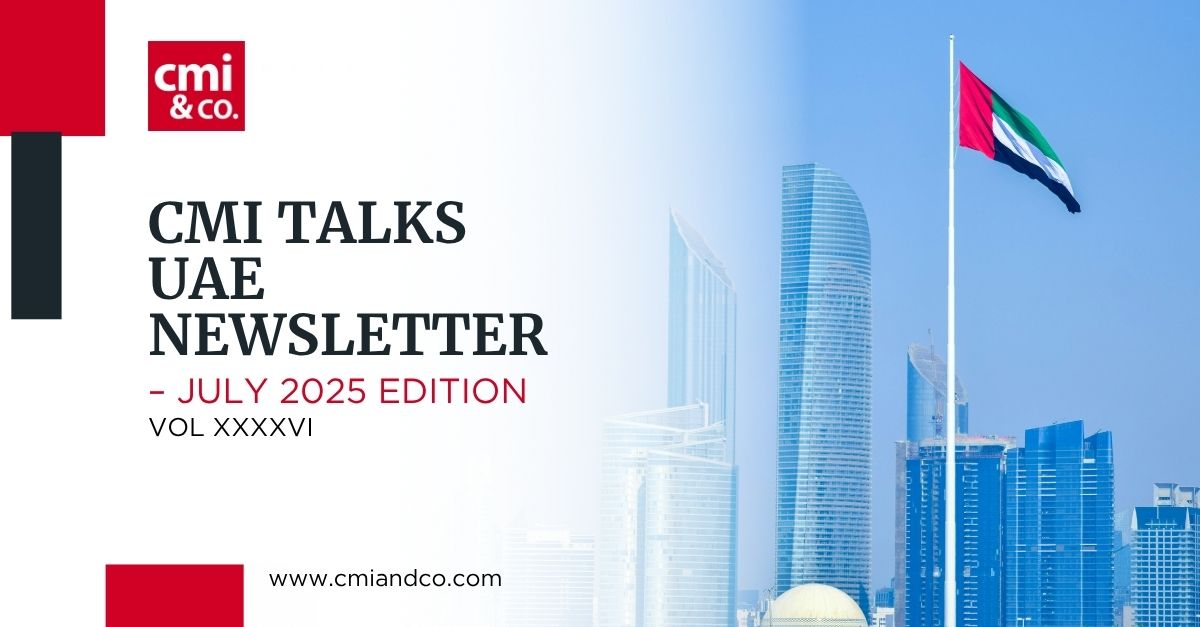Dubai Enhances Pre-Litigation Dispute Resolution Framework
Dubai has enacted Law No. 9 of 2025 (“Amendment Law”) to amend key provisions of Law No. 18 of 2021 (“Conciliation Law”) regulating conciliation procedures in the Emirate of Dubai. The amendments aim to enhance clarity and efficiency in the dispute resolution process overseen by the Centre for Amicable Settlement of Disputes (“CASD”).
Key Takeaways
- Article 5(A) of the Amendment Law expands the scope of conciliation to personal status disputes, with certain exceptions such as matters involving the confirmation of marriage or divorce, where conciliation is not applicable.
- Article 6 of the Amendment Law states that all disputes referred to the CASD must now be processed through the Courts’ electronic portal and supervised by a competent judge.
- Article 8 of the Amendment Law further provides that the government agencies and authorized entities, defined as companies or sole establishments authorized by the Centre, may hear disputes either referred by the Centre or initiated at the request of the parties.
- Under the Amendment Law, settlement agreements are certified by the conciliator directly, provided the conciliator is duly authorized.
- Courts are explicitly prohibited from registering any claim subject to mandatory conciliation unless it has first been presented to the Centre, the Family Reconciliation and Guidance Committee, the relevant government agency, or an authorized conciliator.
- Settlement agreements must be bilingual, with Arabic prevailing, and must meet new certification requirements to be enforceable.
The Dubai Multi Commodities Centre (DMCC) issues circular on NOC requirement from UAE Central Bank.
The DMCC issued a circular on 01.07.2025 requiring all DMCC licensed entities engaged in insurance or insurance-related activities (insurance consultancies, insurance brokerage, reinsurance services and insurance claims settlement services) to obtain a formal No Objection Certificate (NOC) from the UAE Central Bank.
Key Takeaways
- The UAE Insurance Law 2023 and the Brokers Regulations 2024 clearly state that any entity carrying out an insurance related activity in the UAE must be licenced by the UAE Central Bank.
- The Circular directs the DMCC-entities to regularise their status with the Central Bank by applying for their NOC within thirty (30) days from the date of the Circular and to provide proof of such application to the DMCC within the same period.
- Entities failing to obtain or submit the NOC risk enforcement action, including licence suspension or financial penalties from both DMCC and the UAE Central Bank.
- The exemption applies to financial free zones (DIFC and ADGM), which have their own independent financial regulators.
- The NOC must be secured and submitted by 31 December 2025, or upon the entity’s license renewal date; whichever occurs first. Failing to do so may result in DMCC and CBUAE sanctions, including license suspension or financial penalties.
UAE creates Bankruptcy Court to handle financial disputes.
The UAE Ministry of Justice announced the organisation of a Bankruptcy Court, headquartered at the Abu Dhabi Federal Court of First Instance to help settle financial disputes in the Emirates. This Court will handle all disputes and applications under the updated Bankruptcy Law (Federal Decree‑Law No. 51 of 2023).
Key Takeaways
- The Federal Judicial Council may also establish one or more judicial circuits in other Emirates, as needed, to handle applications and disputes. These judicial circuits will operate under the original Court’s jurisdiction.
- The court shall consist of a chief judge with a rank no lower than that of an appellate judge and a number of specialised judges appointed by the Federal Judiciary Council.
- A bankruptcy division will also be created within the court, headed by a judge of at least appellate rank, which will be responsible for tasks, including receiving applications, objections, and grievances, registering applications, among others.
- There will be special provisions for bankruptcy experts and consultants within the court’s remit. The experts will help with managing the debtor’s funds and businesses, implementing precautionary measures, expediting procedures, meeting with creditors, and hearing the debtor or their representative on matters related to their debts, funds, or businesses.
- The establishment of a dedicated Bankruptcy Court is expected to streamline the handling of complex insolvency and restructuring cases, enhance investor confidence, and provide distressed companies with a clear and structured path to either recovery or orderly liquidation.
New Dubai Law streamlines Dispute Resolution for Citizen Housing Construction Contracts.
His Highness Sheikh Mohammed bin Rashid Al Maktoum, Vice President and Prime Minister of the UAE and Ruler of Dubai has introduced a new law effective 01.01.2026 to handle the settlement of disputes arising from the execution of citizen housing building contracts in Delhi.
Key Takeaways:
- The law aims to develop an alternative dispute resolution system for building contracts, safeguarding the interests of all parties.
- The law is designed to ensure that construction progress remains uninterrupted, even during contractual disagreements.
- A new branch will be established within the Centre for Amicable Settlement of Disputes (CASD) under Dubai Courts to handle disputes relating to the execution of citizen home building contracts.
- This branch will attempt to mediate disputes within twenty (20) days, with a possible extension of another twenty (20) days by mutual consent.
- If mediation fails, a committee comprising a judge and two specialists will adjudicate within 30 days, extendable by another thirty (30) days if needed.
- Parties retain the right to appeal committee decisions before the Dubai Court of First Instance within 30 days of issuance.




